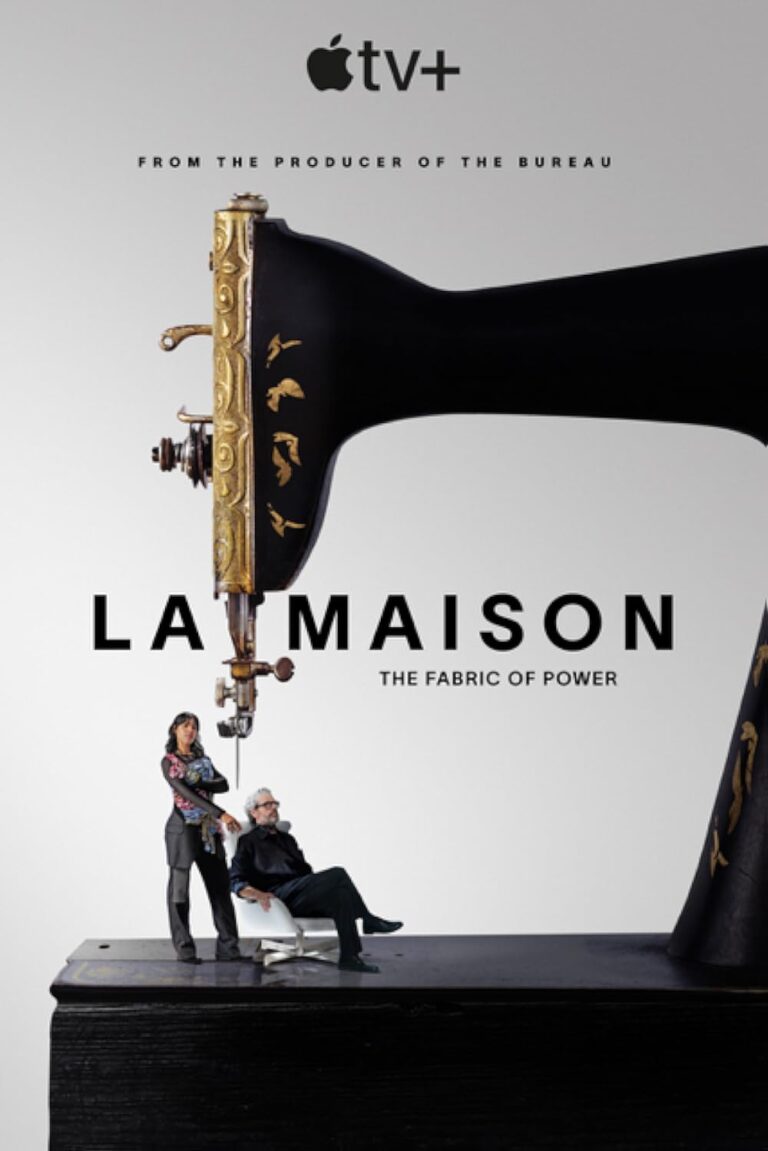Here Christian Review

Here isn’t a film that plays by familiar rules. In Robert Zemeckis’s latest, you’re not going to find a straightforward plot or a neatly packaged resolution. Instead, you get a single room—one room through centuries—and in this space, life unfolds. Different people, different times, same place. Here wants to be a tribute to the idea of legacy, the small moments that quietly weave together the vast human story. Yet, while it has heart, something elusive lingers at its core, a feeling that it reaches for depth but doesn’t quite connect. Let’s just say this: Here is ambitious, but it doesn’t give us everything we hope for.
The Experiment in Minimalism: A Room Through Time
Zemeckis’s concept is daring, even radical for a filmmaker known for his vivid and often fantastical imagery. Here offers one camera angle, one space, and lets history unfold within that single viewpoint. This isn’t just an aesthetic choice; it’s a challenge, a form of cinematic minimalism where the setting—the room—doesn’t change. It ages, its walls crack, it fills with new furniture, but it remains that same room. In one moment, it’s a modest living room in the late 1800s; in another, it’s mid-20th-century America with everything that implies.
There’s an inherent intimacy here, a sense of being grounded. This fixed, non-judgmental view of time rolling forward could be profound. Yet, while the movie creates a powerful visual metaphor for continuity and the passing of human life, it misses out on a feeling of true depth. With every change of era, we should feel the weight of history, the memory of those who lived there, their choices, joys, and sorrows—but often, this sense feels a bit thin.
Missing the Weight: Photorealism Over Abstraction
Now, here’s where things get tricky. With a static frame and so much emotional range to cover, you might think the film would lean into abstraction, something poetic to fill in what dialogue or narrative doesn’t say outright. But Here sticks with realism. Zemeckis, alongside cinematographer Don Burgess, opts for a crisp, almost documentary-like portrayal of each era. The visuals are meticulously crafted; you can tell Zemeckis wanted everything to feel authentic. But in a curious way, this realism pulls the film back from being as profound as it could be. In the pursuit of grounding us in reality, it loses a bit of its soul.
Imagine if Here had embraced surrealism instead. Imagine that fixed room transforming with dreamy touches, echoing memories of the past rather than just visually representing them. It’s an ambitious undertaking, but because the film is visually literal, some scenes land with less impact. It’s as if, in refusing to take a bolder stylistic risk, the film has boxed itself in, losing a layer of mystery that might have added emotional resonance.
What We Get Right—and Wrong—With Characterization
Then there are the characters. Zemeckis brings in strong actors, no question. Each of them brings subtlety, a warmth or sadness that gives glimpses into the different lives and times they inhabit. Yet, the film’s insistence on this historical span means they’re fleeting presences, more sketches than flesh-and-blood people. Each one is memorable, but we only see them in brief moments, a single smile, a quiet tear—bits and pieces, all the more precious because they’re so few. Yet they never quite transcend the framework. You get the sense that they’re part of the room’s past, yet, they’re not quite real.
There’s a tension here. The movie wants us to feel like we’re witnessing something profound, a tapestry of countless lives passing through this one space. And for a while, it works. You feel the importance of each person’s time there, their impact on the place and on each other, even indirectly. But because they’re only snapshots, brief glimpses, it’s difficult to connect to them fully. And without that connection, the overall impact of the film’s message—the interconnectedness of human life, that we all have a role in something larger—feels muted.
Glimpses of Glory: Lyrical Moments That Almost Shine
It’s not to say there aren’t beautiful, meaningful moments. In some ways, Here is a movie of moments, not arcs. Zemeckis shows an eye for poetic touches, like a light falling in just the right way, a whisper that echoes off the walls, a gesture that feels like it holds generations of memory. And in these instances, the film feels like it’s on the edge of something greater. It’s in these scenes that we see the beauty of continuity and legacy—concepts that resonate deeply within Christian perspectives on family, history, and God’s work across generations.
But even here, it’s as if there’s something missing. There’s almost a sense of hesitation, like Zemeckis is unwilling to let us linger too long in any one story or character. We see moments of love, loss, and hope, but they’re only fragments, and there’s not quite enough for those moments to sink in fully. We’re left with impressions instead of connections, and that can feel frustrating.
The Film’s Core Irony: So Much Story, So Little Weight
One of the strangest parts of Here is its lack of emotional weight. For a movie that’s meant to cover such an expansive view of human experience—centuries of people, each bringing their story to this room—it’s remarkably light, almost airy. Not that it doesn’t want to be taken seriously; it clearly does. But there’s an irony here: in trying so hard to be profound and to capture something epic, the film sometimes feels oddly hollow.
The movie touches on the idea of life as a continuum, a series of stories that carry on, connected by shared spaces and memories. In many ways, that’s a beautiful thought, echoing the idea that God sees each life as part of a greater story. Yet somehow, Here doesn’t quite bring this theme to life. You’re left understanding the message but not really feeling it. It’s as if the room itself has become the main character, but a room can only hold so much meaning.
Final Thoughts: A Missed Opportunity or an Acquired Taste?
Here is hard to categorize. It’s ambitious, yes, and visually interesting, absolutely. For those with a taste for experimental cinema, it has rewards to offer—a unique perspective on history and the idea of legacy. But for viewers looking for an emotional connection, something that resonates deeply and stays with you after the credits roll, Here might feel lacking.
In Christian terms, the film reminds us that each of our lives matters in the bigger picture, that we are part of something continuous and meaningful. But that message feels more like a whisper than a proclamation. Here doesn’t fully embrace its own themes, and it holds back just enough to feel like it misses the mark. It’s a film that takes patience, that asks viewers to appreciate what it almost accomplishes, even if it doesn’t entirely get there.
Rating: 6/10
At the end of the day, Here is a movie that wants to be profound but sometimes feels unsure of itself. It’s an experiment, a journey through time with moments that glimmer with meaning but a structure that holds it back. For Christian audiences, the themes of legacy and the connectedness of life are present but faint, not fully realized. It’s a 6/10—a movie with flashes of brilliance but lacking the emotional and spiritual depth that would make it truly unforgettable.




